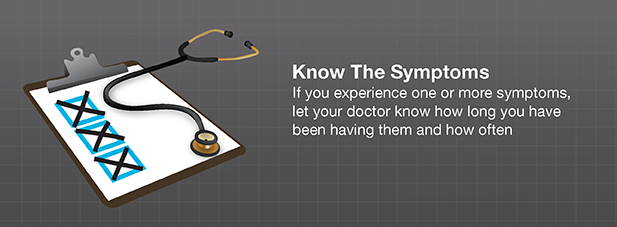
Some brain tumors occur and grow with no symptoms and the discovery of the brain tumor is due to examination for other reasons. Other times, people go to their primary care doctor with certain symptoms that may suggest that exploration is required to understand if there is a brain tumor present.
If you are experiencing one or more symptoms, let your doctor know how long you have been having them and how often they occur. Your doctor will ask a series of questions designed to pinpoint the problem and potentially send you for images, or scans, to help diagnose what is happening to you.
When you have symptoms, discuss them with your physician in the context of your overall health and medical history. In-office tests may be needed and include assessment of reflexes, cognition, sensations, motor strength, alterness, etc.. If these assessments required additional evaluation,, the doctor may then prescribe certain diagnostic images be taken.
There are many different scans that may be prescribed and a patient may need more than one to diagnose the tumor size and location and type.
Types of scans and imaging techniques that may be used to diagnose a brain tumor:
Discuss the scans prescribed in detail with your doctor or nurse. Knowing where and when to go and how the scan works will help reassure you and better prepare you for a positive experience. If you are diagnosed with a brain tumor, this will be the first of many scans that will happen during your treatment journey. It is wise to keep a history and a digital copy of all your scans to better inform the different medical teams that you may work with during your treatment.